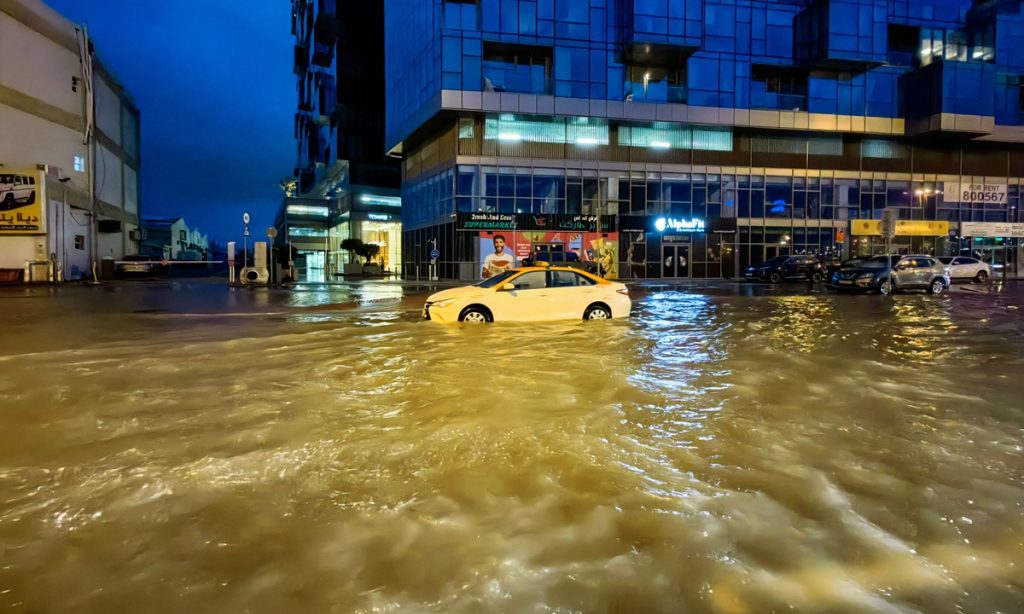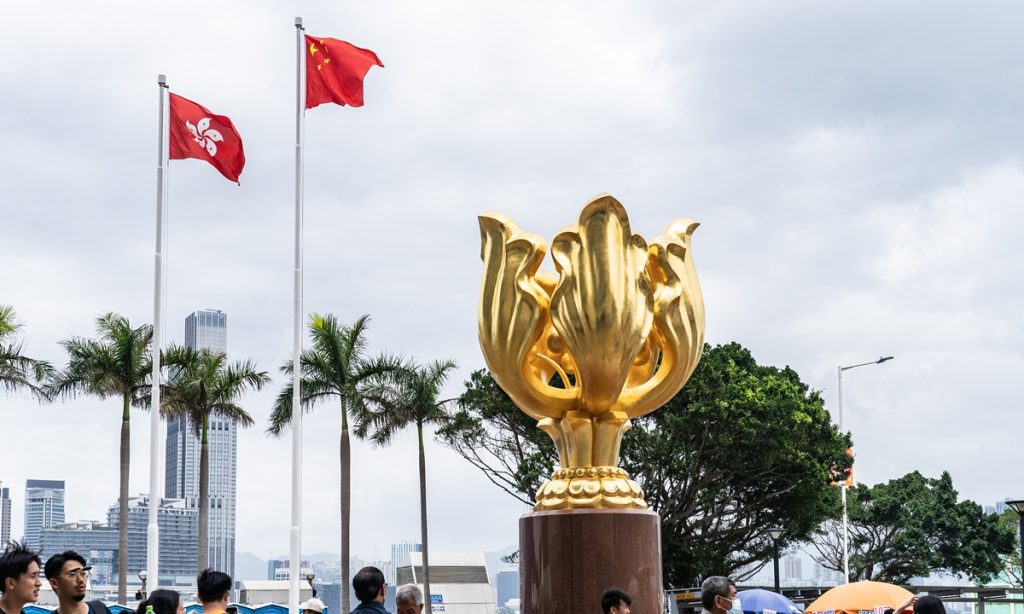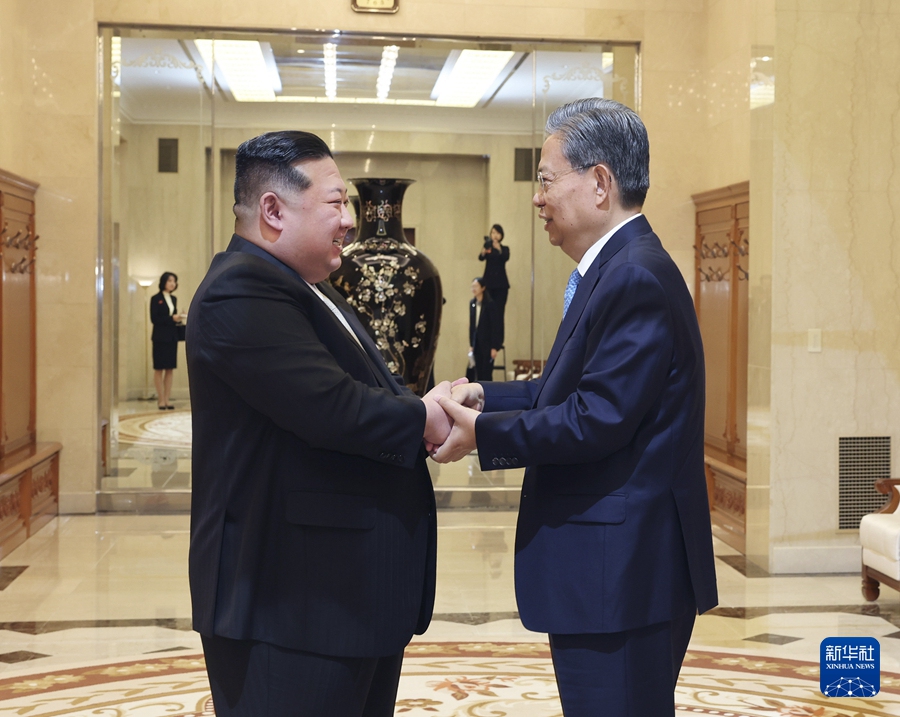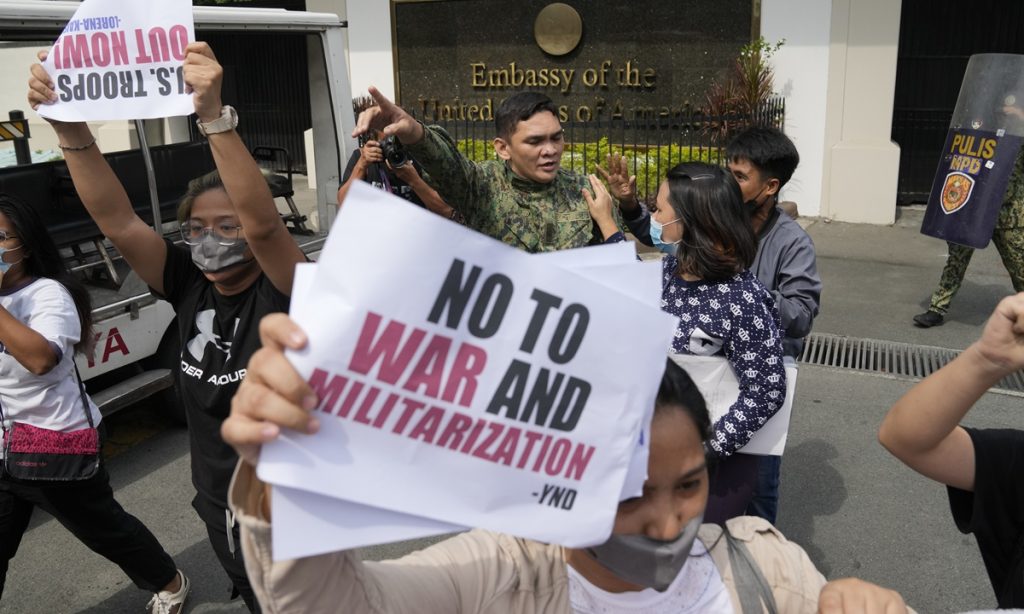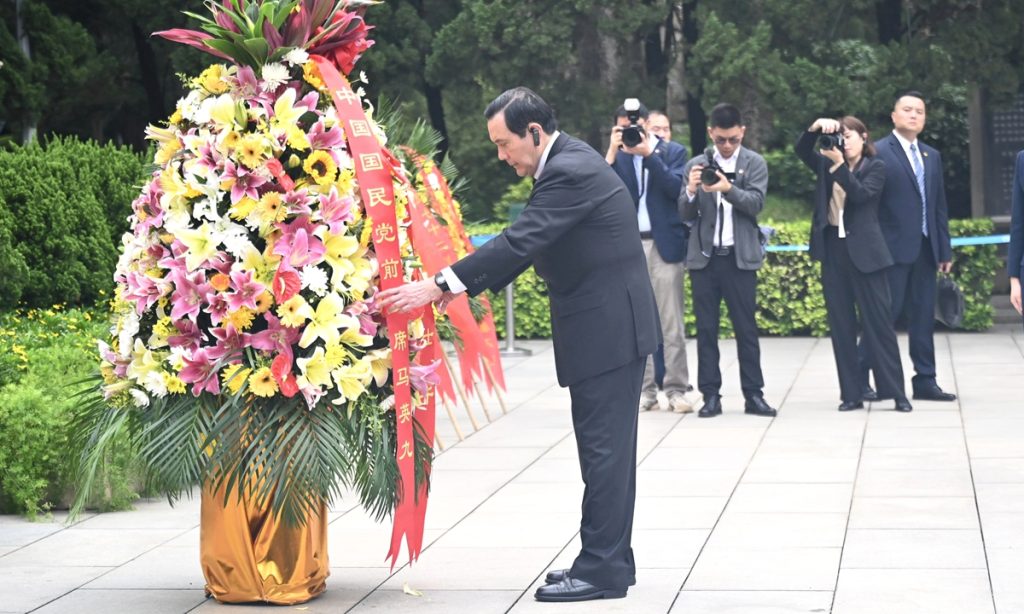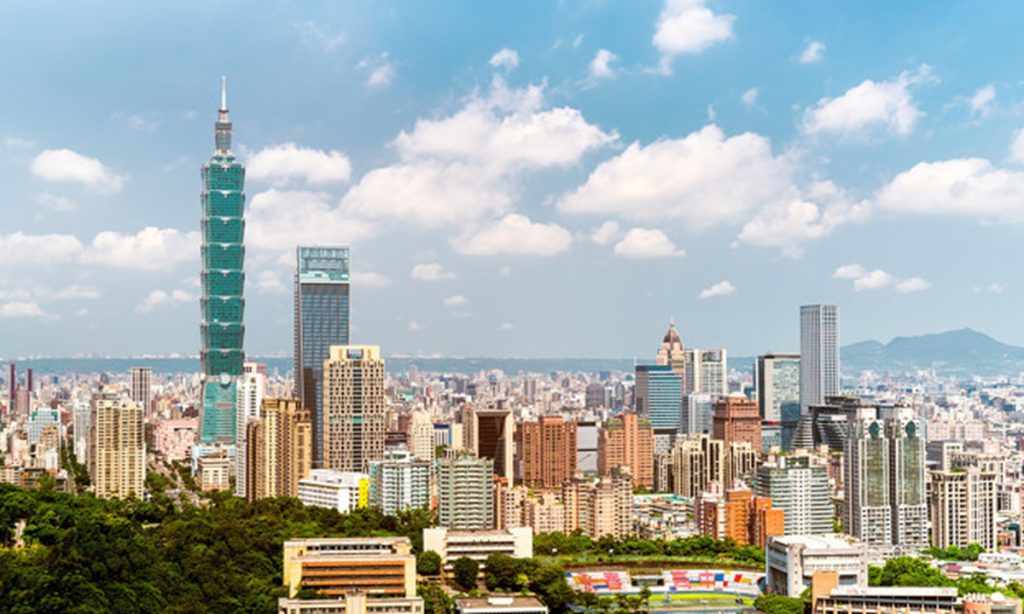Manila's maritime zones bill harms national interests, violates Constitution, says former Philippine presidential spokesman
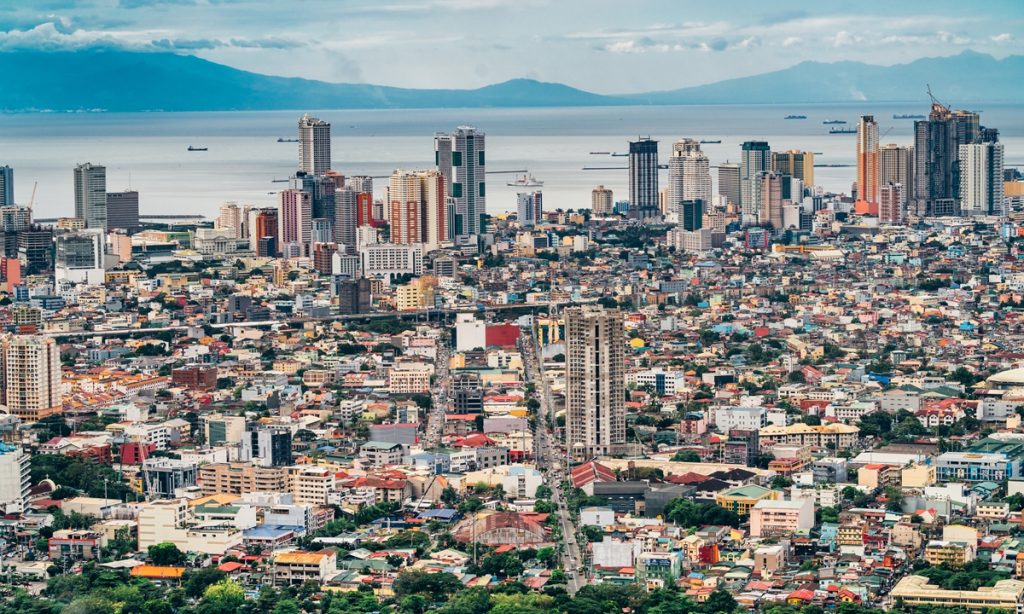
Harry Roque, a former Philippine congressman and former presidential spokesperson to president Rodrigo Duterte, recently expressed dissatisfaction at the series of legal maneuvers carried out by the current Philippine government regarding the South China Sea dispute in an interview with the Global Times in Manila.
He called on the Philippine government to seek diplomatic channels to resolve the dispute, as some of the legal measures taken do not, in fact, serve the interests of the Philippines. Stressing that the US will not get involved in the conflicts against China for the sake of Philippine interests, Harry Roque noted "It is a misplaced belief that the US, which our leaders consider as their big brother, will come to our assistance."
Roque is also a well-known international law professor, and is the former president of the Asian Society of International Law.
In March, the Philippine Senate passed the so-called Maritime Zones Act, attempting to solidify the illegal ruling of the 2016 arbitration case through domestic legislation, illegally including China's Huangyan Dao (also known as Huangyan Island) and most of the islands and reefs in the Nansha Islands and their related waters in its maritime zone.
Roque believes that this legal provision not only violates the Philippine Constitution, but also fundamentally goes against, and even betrays the interests of the Philippines, with its effect being more like "killing 1,000 enemy soldiers but losing 800 of your own."
"When the Philippine Congress passed the Philippine Archipelagic Baselines Law, I filed a case in the Supreme Court questioning its constitutionality, because the Philippine Constitution says that the water is between the islands of the Philippines are all internal waters. What the Archipelagic Baselines Law did was they made it into archipelagic waters, which is not only subject to innocent passage, but also subject to overflight. When under our Constitution, the water is in between our islands, our internal waters, and therefore not subject to innocent passage. Now the Maritime Zones Act makes it worse because it now acknowledges that we have lost tremendous amounts of internal waters," Roque told the Global Times.
As an example, Roque highlighted the case of Japan, and how it will never become an archipelagic state on their own clause because it will never consider waters between their islands as an archipelago, as archipelagic water is subject to innocent passage and overflight. Roque believes that both laws - the Archipelagic Baselines Law as well as the Maritime Zones Act - are both unconstitutional and run contrary to Article One of the 1987 Constitution of the Philippines.
"All I'm saying is when we adopted the Archipelagic Baselines Law, we already gave up tremendous amounts of internal waters, which will also happen for the recently approved maritime zones bill. It's probably not a really good way for the politics. It's not in the wider national interest to lose so much of internal waters. It's not quite reasonable and wise, and it violates our very own Philippine Constitution," Roque underlined.
In addition to attempting to solidify the illegal ruling of the South China Sea arbitration case through domestic legislation, the current Philippine government is also preparing to launch a second arbitration case against China, citing environmental issues in the South China Sea, which Roque firmly opposes to.
"I was the one that suggested the South China Sea Arbitration the first time around, because I thought we needed to clarify maritime issues involving, specifically the existence of historic claims to waters. But after the arbitral tribunal was resolved, the arbitral proceedings, the way it did, I believe the way forward now is through diplomacy. You cannot solve all diplomatic issues through litigation. I think the remaining issues to be resolved now with China, including territorial disputes over islands, which remain unresolved, should be resolved diplomatically," Roque said.
He stressed that the issues between the Philippines and China are better resolved through negotiation and diplomacy rather than litigation. Especially since China has shown that it will not honor any decision unless it consents to the proceedings.
"I believe that the current Marcos administration knows that the reason why the Chinese are reacting the way they are doing the resupply missions to BRP Sierra Madre around Ren'ai Jiao in the South China Sea is because China has made it clear that they will only allow the delivery of food and water. China has been accusing the Philippines, but side and the Philippine side has not acknowledged the fact that that it has, in fact, been delivering construction and repair materials to the vessels," he told the Global Times.
"Now I think the current administration has to make up its mind about what is more important. The continuing presence of our men on board the Sierra Madre in a union provokes China into taking more aggressive action," said Roque.
Roque also offered a theory that there are elements within the Marcos administration that would want to provoke China further "because they want the US to be involved in the controversy through the Mutual Defense Treaty."
"I think they're dreaming because I don't think the US can be involved so in a third conflict, in addition to the ongoing Ukraine and Middle East conflicts now. And I don't think the US will risk its national interest involving China, its primary trading partner and main one debtor country, just to defend us over a shoal and rocks in the South China Sea," he said.
"So I think it is a misplaced belief that the US, which our leaders consider as their 'big brother,' will come to our assistance," he argued.
In a recent interview with the Philippine media ANC, Roque reiterated his view that it's unwise for the Philippines to deliver construction or repair materials to grounded vessel BRP Sierra Madre in a way that would provoke China.
"It is foolhardy for the Philippines to think that the US will in fact come to its rescue, because we lost Mischief Reef (Meiji Jiao), they didn't come to our rescue. We lost Scarborough Shoal (Huangyan Dao), they did not come to our rescue. The Mutual Defense Treaty exists, whether or not of course the US will get involved militarily, will depend on their national interests. I don't think our dispute with China over this very derelict ship will warrant a military response from the United States," he said.
Roque also noted that the current Philippine government has taken a "'microphone diplomacy' that we want the whole world to hate China because they will be able to see what is happening to our soldiers, including those making the deliveries."
Roque argued that he didn't see the possible gains from that. "The whole world will be on our side? Fine. But will any one of them actually stand up to China when there is an actual armed conflict, a shooting war? I don't think so."
In response to the Global Times' question of whether China really poses a national security threat to the Philippines, Roque said, "Our history has shown that we fought a war with Spain; that we fought a war with the US; we fought a war with Japan, but we have never fought a war with China."
